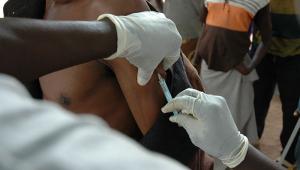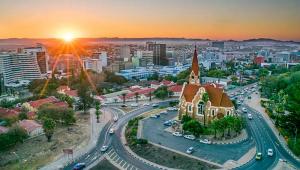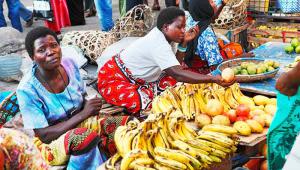The loans, which were announced on Thursday, will see Tanzania receive $364.38m and Côte d’Ivoire and Mali will share $178.61m. Tunisia will also see a €377m loan, and Cape Verde €15m.
Jacob Kolster, North Africa regional director for the AfDB, said Tunisia’s loans will “support the country in its move towards accelerated, inclusive growth by” helping national development efforts and establishing an environment conducive to job creation.
Côte d’Ivoire and Mali’s funds will go towards upgrading road sections on the Bamako-San Pedro corridor between the two countries, opening up the production areas of both and growing their competitiveness.
The project helps place the San Pedro Port in Côte d’Ivoire as a competitive transport port, with an economic corridor connecting the west-central, south-west and north-west parts of the country to its hinterland and neighbouring landlocked countries of Mali and Burkina. Upon completion it will also connect to eastern regions of Guinea and Liberia.
The four-year project, due to be completed by December 2020, is estimated to cost around $233.18bn, of which the AfDB’s contribution represents 84%.
Cape Verde’s economic growth support programme is also to get a boost. Its money has been earmarked to support sustained economic growth, improve the efficiency of public investment and the promotion of a private sector development with a focus on gender issues.
By improving public corporate governance, the public investment framework and the business environment the programme will in turn improve living conditions, growth and competitiveness and attractiveness for domestic and foreign investments.
Meanwhile, the European Commission announced €735m of support for Mozambique between now and 2020. The funds will be focused a range of areas including the promotion of the democratic system, transparency, accountability and the rule of law and public institutions.
Neven Mimica, European commissioner for foreign affairs and cooperation, said: “There have been significant and positive political and economic developments in Mozambique over the last decades since the end of the civil war in 1992.
“It is important to build on this progress whilst making the best use of Mozambique’s impressive economic potential, notably in the sectors of gas, mining, hydro-energy and agriculture.
“Mozambique could also benefit enormously from its strategic position in southern Africa. The key issue today is therefore how to make economic growth inclusive and sustainable while maintaining political stability.”













